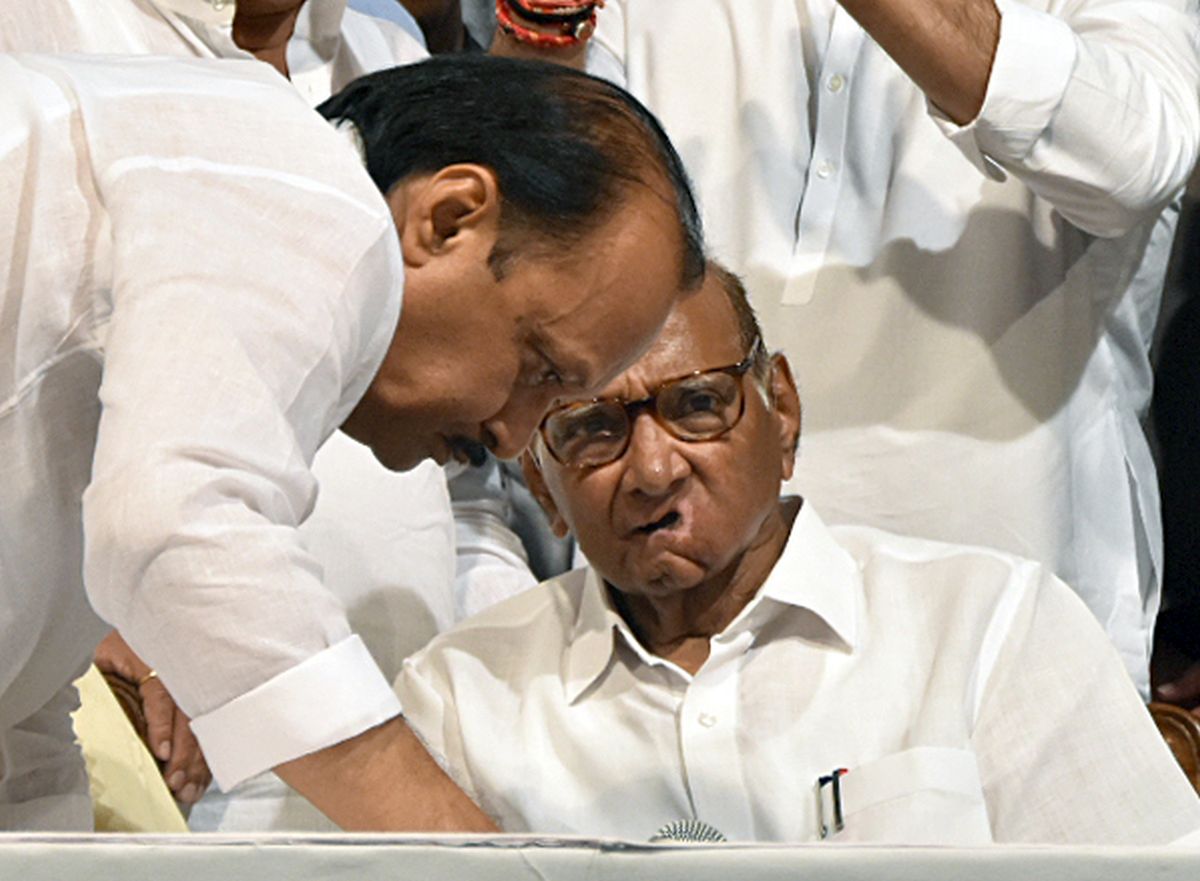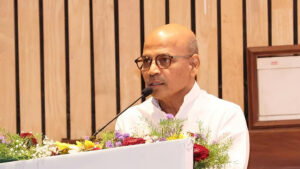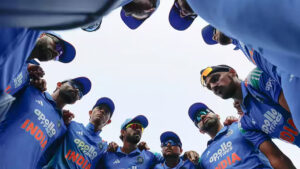The Shiv Sena, a key coalition partner in Maharashtra’s ruling alliance, has expressed concerns about the frequent meetings between Nationalist Congress Party (NCP) leader Sharad Pawar and his nephew Ajit Pawar. The Shiv Sena claims that these meetings are tarnishing the image of Sharad Pawar, a veteran political leader known for his astute leadership.
The frequent interactions between Sharad Pawar and Ajit Pawar have sparked speculations and debates within political circles. The Shiv Sena’s apprehensions stem from the perception that these meetings might be sending mixed signals to the public and allies, potentially affecting the clarity of the NCP’s political stance.
Political analysts have noted that the dynamics between Sharad Pawar and his nephew have attracted attention due to their influential roles in Maharashtra politics. The Shiv Sena, as a coalition partner, has expressed its concerns openly, underscoring the need for maintaining a clear and cohesive political strategy.
While the NCP leadership has not yet responded to the Shiv Sena’s claims, the situation highlights the complexities and challenges faced by political alliances. As the political landscape evolves, maintaining unity and coherence among coalition partners becomes crucial to presenting a strong and unified front to the public.
The statement by the Shiv Sena underscores the importance of communication and coordination within political alliances, especially in a state like Maharashtra where coalition politics plays a pivotal role. As parties navigate the intricacies of political dynamics, the focus remains on the shared goals and principles that bind them together.
The situation also reflects the delicate balance that leaders often need to strike between personal relationships and political responsibilities. As Maharashtra’s political landscape continues to evolve, it remains to be seen how the interactions between key leaders will impact the course of events and shape the future of the state’s governance.










